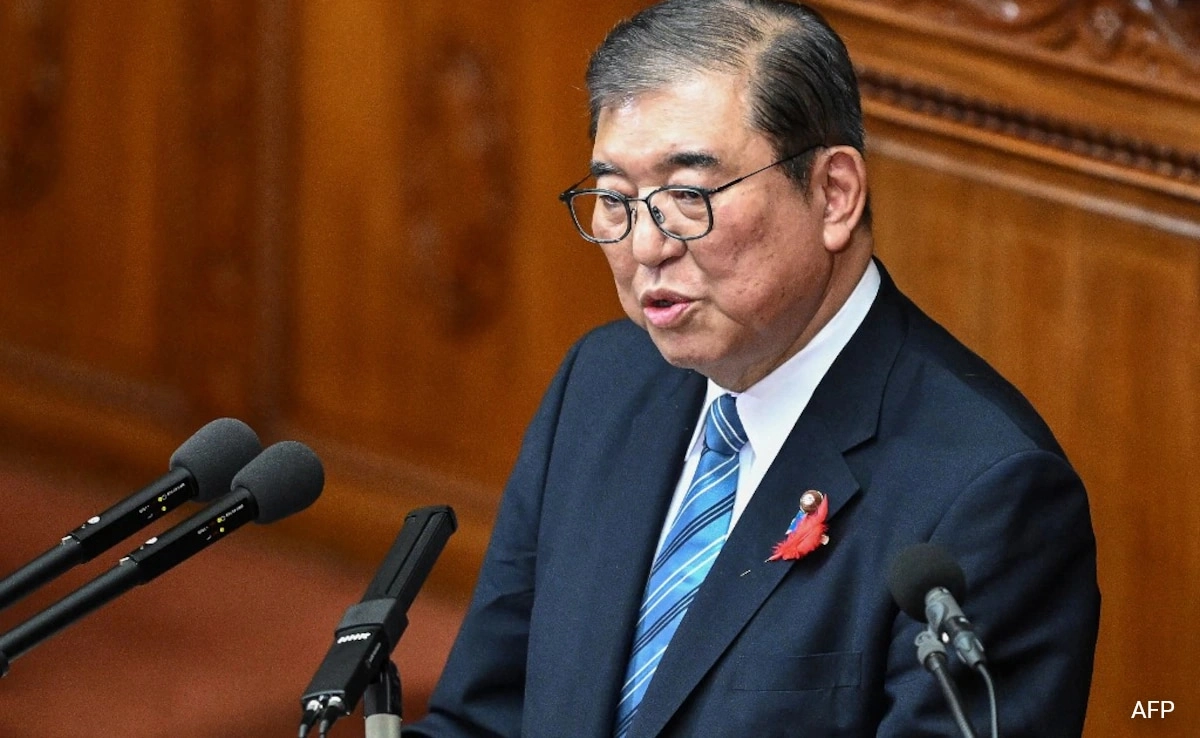Japan has recently announced its decision not to recognize Palestine as an independent state at this time. This stance reflects Japan’s careful diplomatic approach towards the complex and longstanding Israeli-Palestinian conflict. The Japanese government has emphasized its commitment to a two-state solution, which envisions the coexistence of both Israel and a sovereign Palestinian state. However, it has chosen to withhold formal recognition of Palestine until substantial progress is made towards achieving a peaceful resolution between the two parties.
The Japanese Foreign Ministry articulated that the current political landscape does not support the immediate recognition of Palestine as a state. This decision is rooted in Japan’s broader strategy to promote stability in the Middle East while balancing its relationships with key stakeholders, including Israel and the United States. Japan has historically maintained a position of neutrality in international conflicts, often advocating for dialogue and negotiation as the means to resolve disputes. By refraining from recognizing Palestinian statehood for now, Japan aims to encourage all involved parties to engage in constructive discussions.
Moreover, Japan’s decision underscores the intricacies surrounding international recognition of statehood, particularly in regions marked by prolonged conflict. While many countries and international organizations, such as the United Nations, acknowledge Palestine as a non-member observer state, others remain cautious about extending full recognition. Japan’s position reflects its belief that recognition should come as a result of tangible advancements in peace negotiations rather than unilateral declarations. The Japanese government continues to provide humanitarian aid to the Palestinian territories and supports initiatives aimed at fostering dialogue and reconciliation.
As Japan navigates its diplomatic relations, the decision not to recognize Palestine at this moment illustrates its commitment to a balanced approach in addressing the Israeli-Palestinian issue. By advocating for a peaceful two-state solution, Japan hopes to play a constructive role in the region and contribute to a future where both Israelis and Palestinians can coexist peacefully and securely. The international community will be watching closely to see how Japan’s stance evolves in response to developments on the ground and the ongoing quest for peace in the Middle East.




